Research Overview
Research in Biomedical Engineering at UNC and NC State spans a wide array of topics and application areas, from basic science to translational research. Innovative and multi-disciplinary research by faculty within the department include such areas as neural systems, microfluidics, rehabilitation, bioinformatics and computational systems biology, biomaterials, medical devices, imaging, metabolomics, single-cell assays and tissue engineering. This research diversity is supported by the wealth of BME-affiliated faculty and a variety of associated centers and initiatives on both the UNC and NC State campuses. BME graduate students are actively recruited across departments and are encouraged to help foster novel research across disciplines.
The department is currently focused on five major areas for future growth and development. These areas include Biomedical Imaging, Biomedical Microdevices, Rehabilitation Engineering, Regenerative Medicine and Pharmacoengineering and build upon existing strengths within BME as well as those of other departments at UNC and NC State.
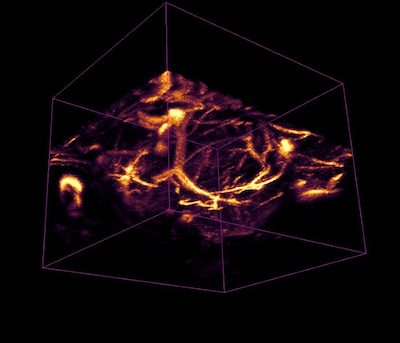
Biomedical Imaging
The Joint department of Biomedical Engineering has a wealth of ongoing research in the field of Biomedical Imaging. Part of the driving force behind this research area is the Biomedical Research Imaging Center (BRIC) on the UNC campus, which partners closely with the Biomedical Engineering department. The BRIC, established in 2005 and located in the brand new (2014) Marsico Hall building, serves as a backbone for pre-clinical and clinical imaging research, and includes a some of the most state-of-the art biomedical imaging facilities in the world.
… Continued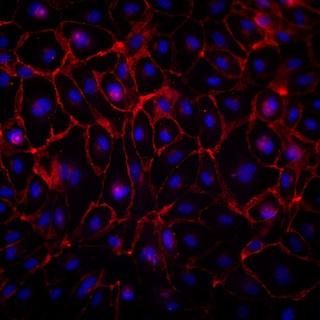
Biomedical Microdevices
The Biomedical Microdevices discipline seeks to leverage phenomena at the micro- and nanoscale to solve problems in medicine and biology. This area includes lab-on-a-chip and other micro-scale technologies often made using microfabrication techniques such as micromachining, photolithography, replica molding, embossing, and laser ablation. Miniaturization of bioanalytical techniques enables a reduction of equipment size, fast analysis and short reaction times, parallel operations for multiple analyses, and the possibility of portable analytical devices and sensors.
… Continued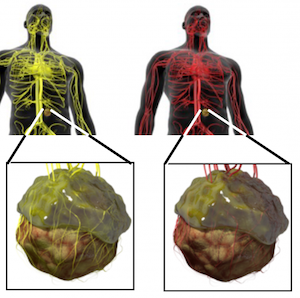
Pharmacoengineering
Pharmacoengineers apply the latest experimental approaches from life sciences, chemistry, and physics in conjunction with theoretical and quantitative methods from engineering, mathematics, and computer science to solve problems in medicine and drug therapies. Our program — a joint effort between the Eshelman School of Pharmacy and BME — prepares students to work at the interface of engineering and pharmaceutical sciences to develop safer and more effective medicine and medical technologies.
… Continued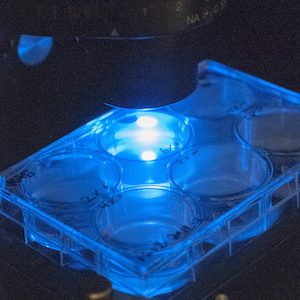
Regenerative Medicine
Research focuses on replacing, engineering, or regenerating tissues and/or organs. Encompasses functional tissue engineering and the use of molecular biology, bioreactors, cytomechanics, engineering scaffolds, plasma-treated surfaces, biotextiles, biomimetics, stem cells, and mechanobiology to produce novel biomaterials and engineer synthetic living tissues.
… Continued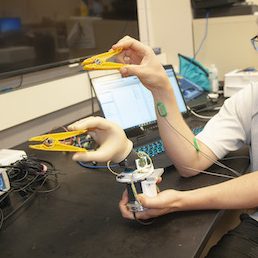
Rehabilitation Engineering
Promotes the health and well-being of people with disabilities, improves human quality of life using a full range of systematic applications of engineering sciences to design, develop, adapt, test, evaluate, apply, and distribute technological solutions to problems confronted by individuals with disabilities. View a video from the PoWeR Lab.
… Continued

